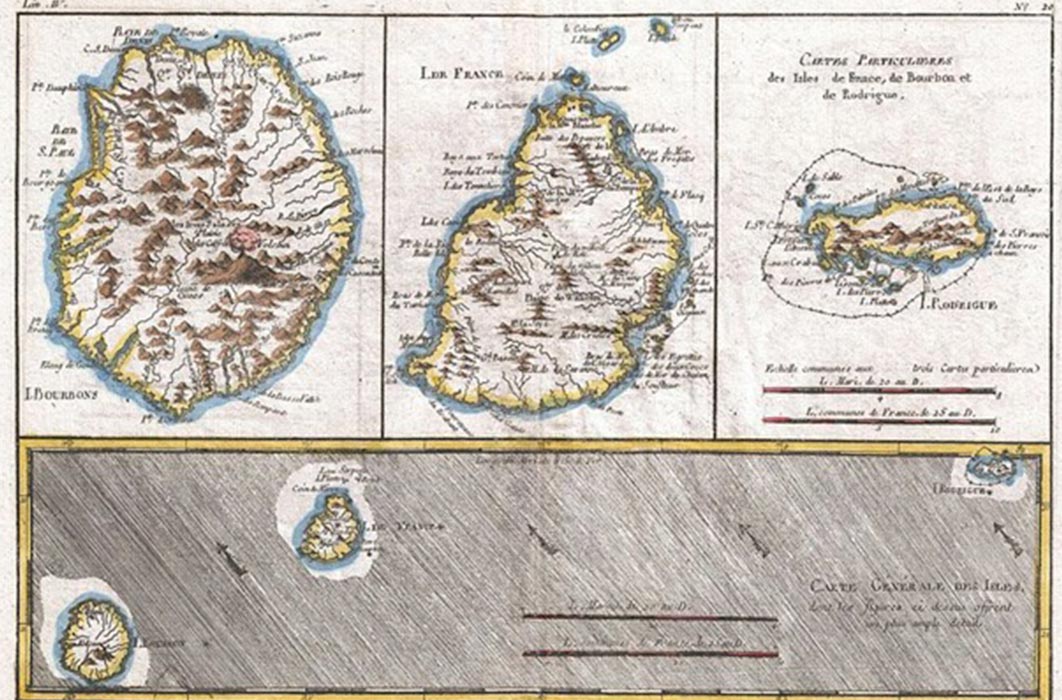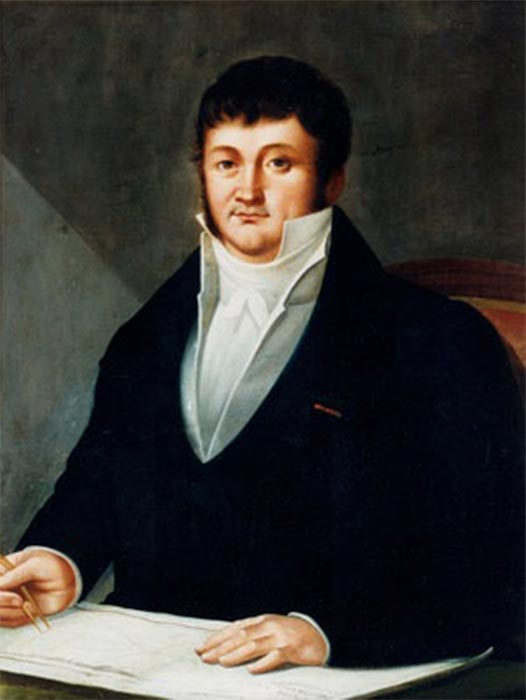
Treasure Hunters Seeking Hide-Outs of Mascarene Pirates
In 1512 Portuguese navigator Pedro Mascarenhas, identified a group of islands in the Indian Ocean east of Madagascar as the Mascarene islands (modern-day Mauritius, Réunion and Rodrigues). The Mascarenes were favorite haunts and hide-outs during the Golden Age of Piracy when corsairs used to hoist the ‘Jolly Roger’ and hunt in the Indian Ocean. According to historical documents, legends and modern myths a vast pirate treasure reportedly worth £100-million, was buried in a cave somewhere on an Indian Ocean island that was owned by France in the 18th century and it was called Île de France (modern Mauritius). The Treaty of Paris awarded the island to Britain in 1814 who named it Mauritius, and it gained independence in 1968.

Copper engraving showing Dutch activities on the shore of Mauritius, as well as the first published depiction of a dodo bird by Johann Theodor de Bry (1601) (Public Domain)
Mauritian Treasure Law
Due to a wave of destructive treasure hunters who used dynamite and thus fragmented the island’s natural ecosystems in the early 20th century, the government of the Republic of Mauritius instituted modern legislation forbidding anyone from directly benefiting from any treasure hunting venture. These laws imply that if a treasure hunter was to find something that they went actively looking for, they would automatically forfeit the right to benefit in any way from its discovery. So Mauritian treasure tales include many yarns of people finding and illegally trading treasure. However, if one happens to be fishing on a beach and lost a lead weight and was to use a metal detector to look for it, and accidentally unearth £100-million in pirate treasure, then according to Article 716 of the Mauritian Civil Code: “50% should go to the accidental discoverers and 50% to the Mauritian state.”

Rodrigues was named after Portuguese explorer Diogo Rodrigues, who first came upon the island in 1528. (Historic Discoveries/ CC BY-SA 3.0)
The Treasure of Rodrigues
In August 2018, the local Mauritius newspaper L’express reported that two Mauritian ecologists had been hiking in the east of Rodrigues, a 108-square-kilometer (42 sq miles) autonomous outer island of Mauritius. According to their sworn affidavit they came across ‘by pure chance’ (of course not while treasure hunting) a fabulous treasure, supposedly dating back about 300 years. They claimed that in August 2017, located at three huge mountain rocky areas, they photographed marks in rocks which they later realized were not natural, but chiseled signs. They returned to the remote site and climbed into what is described as a rocky recess and took photos of what appeared to be “a rusty chest, a metal rod in the chest that had come off, remains of rope from a pulley system still visible, a stone terminal placed vertically in front of the trunk”.

Contemporary portrait of Robert Surcouff 18th-century privateer of Mauritius, Musée d'histoire de Saint-Malo (Public Domain)
Under the wooden chest, on the floor of the cave, according to the two ecologists, their photographs showed a small unidentifiable red dot with they thought was a chimera: a goat’s skull mounted on a yellow gold body. Estimating the chest to be between 250 to 300 years old they said it undoubtedly belonged to a pirate who had crossed the seas of Mauritius and Rodrigues and who could have deposited his booty there in the hope of recovering it one day, marking the chimera as a treasure keeper. When this story broke in 2017 soldiers were guarding the site 24/7 and today plans are being made to have the unexcavated cave declared a UNESCO site of special historical significance.




